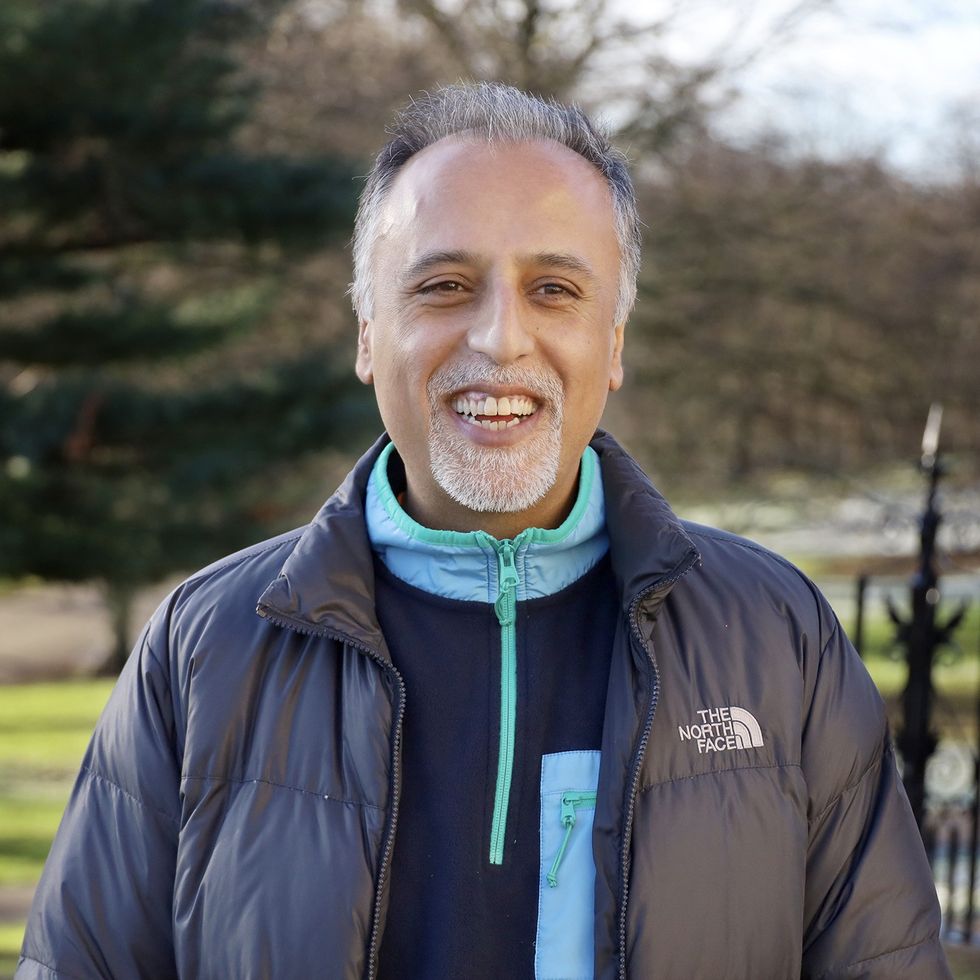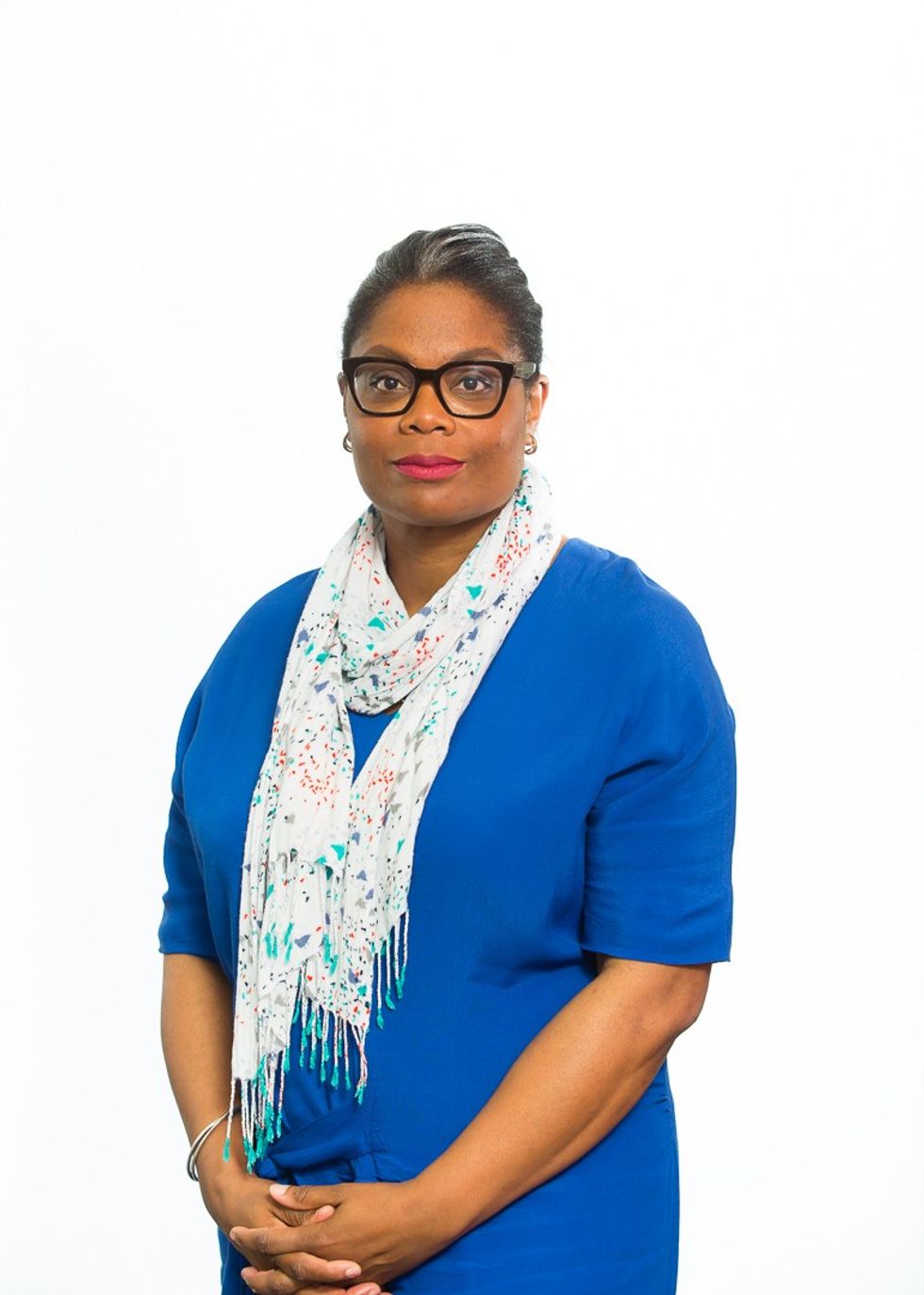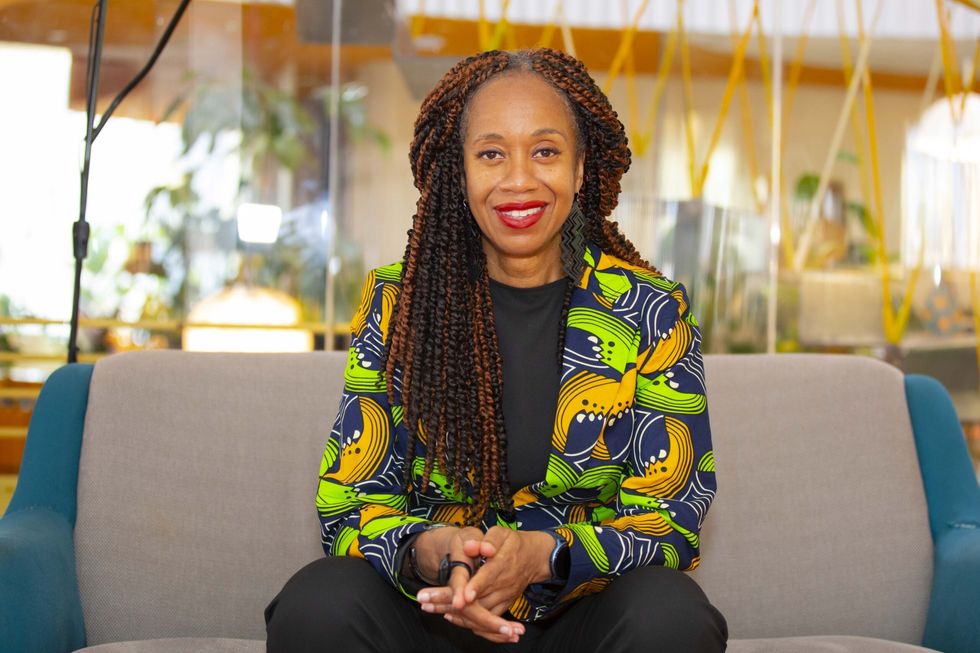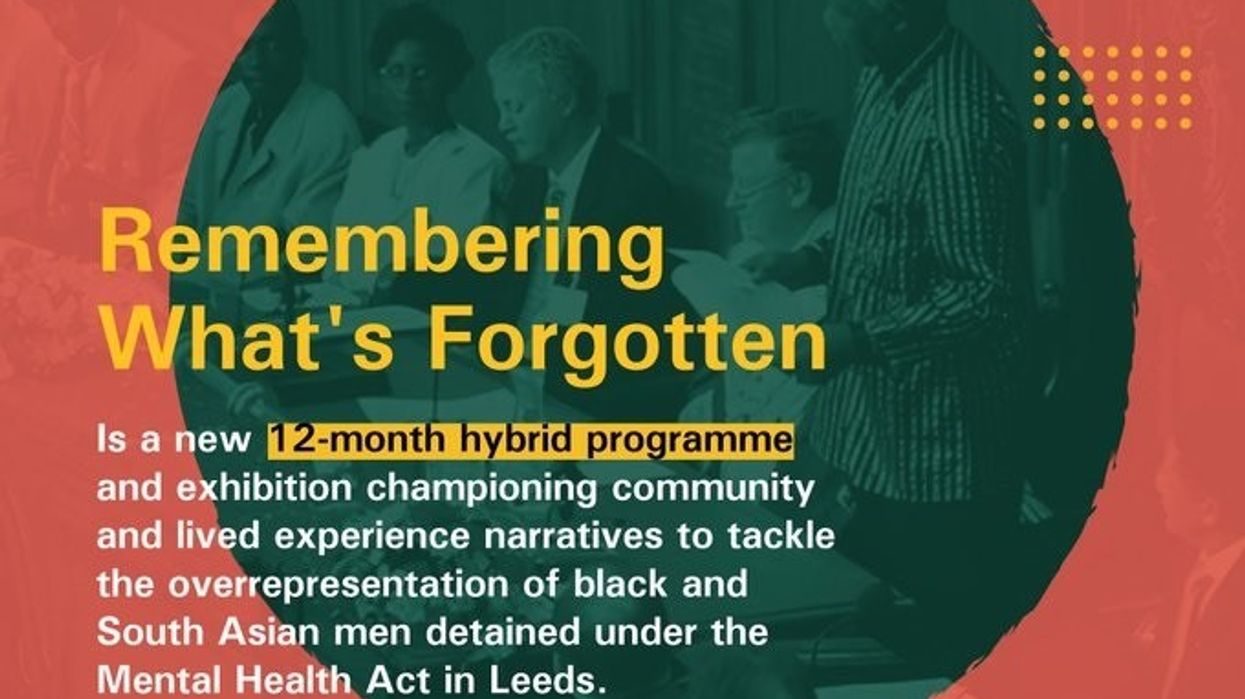The announcement of a new 12-month hybrid programme and exhibition took place in Leeds, on Wednesday, November 29, 2023, aiming to address the overrepresentation of black and South Asian men detained under the Mental Health Act.
The initiative, called Remembering What’s Forgotten is co-founded by Synergi-Leeds, which seeks to redress racial injustice and ethnic inequalities in mental health in Leeds and Words of Colour (an Immersive Change Agency) with a focus on championing community and lived experience narratives, a press release from Words of Colour said.
This comprehensive effort seeks to leverage 50 years of often-unrecognised community initiatives, allyship, and accumulated knowledge.
Its goal is to envision a more inclusive and equitable mental health system, driven by the principles of racial justice.
Through a diverse array of creative and heritage methodologies—including film, audio, poetry, archives, co-production, and photovoice techniques—the programme will culminate in a digital and in-person exhibition.
This exhibition will showcase the narratives of 60 contributors, supported by a thoughtfully curated timeline to contextualise and honour these stories.
Funded by Leeds & York Partnership NHS Foundation Trust and backed by Leeds City Council and Forum Central, the co-produced programme aims to serve as a catalyst for improved mental health experiences and outcomes within black and minority ethnic communities.
This initiative responds to enduring statistics that underscore disparities in mental health care: Black individuals are four times more likely than white individuals to be detained under the Mental Health Act.
Black and minority ethnic communities are 40% more likely to seek mental health care through the criminal justice system compared to their white counterparts.
Members of black and minority ethnic groups are less likely to access primary care support via their GP and are more prone to finding themselves in crisis care situations.

Arfan Hanif, the CEO of Touchstone and a Co-Producing Partner in Remembering What’s Forgotten, emphasised the importance of amplifying the voices of Black and Asian men. He stressed the need for mental health service providers to enhance their monitoring processes, allocate resources for setting targets, and create action plans to address disproportionate outcomes.
Hanif highlighted the project's role in shedding light on entrenched inequalities and discrimination, urging continuous action to tackle these issues.
Cllr Salma Arif, the Cabinet Member for Adult Social Care, Public Health & Active Lifestyles at Leeds City Council, highlighted the efforts of Synergi-Leeds in directly confronting barriers, prejudice, and stigma contributing to the disproportionate representation of diverse communities in mental health services and under the Mental Health Act.

Acknowledging the broader influence of determinants like housing, education, and employment, Arif emphasized the significance of a holistic approach in reducing inequalities. She underscored the collaboration with Professor Marmot and his team as part of the Marmot City initiative, aiming to support the council's comprehensive efforts in this direction.
Sharon Prince, Deputy Director of Psychological Professions at Leeds & York Partnership NHS Foundation Trust, and Co-Lead of Synergi-Leeds, pointed out the underrecognition of community-based knowledge within broader regional and national initiatives.

She highlighted how this often results in the loss of crucial learning, occasionally rebranded by mainstream services as 'new knowledge.' Prince underscored that Remembering What’s Forgotten aims to shine a light on the histories, individuals, communities, and organisations pivotal in advocating for mental health equity in Leeds.
While Victoria Eaton, Director of Public Health at Leeds City Council, underlined the crucial need to amplify the voices of lived experiences and delve deeper into the factors influencing mental health disparities.
She stressed the importance of recognising existing community assets within individuals, community groups, and grassroots organisations.
Eaton highlighted Remembering What’s Forgotten as a crucial catalyst for driving additional change and advocating for efforts aimed at rectifying ethnic inequalities in mental health.
In collaboration with co-producing partners Touchstone, Heritage Corner, and Artistic Director Khadijah Ibrahiim, the programme will conduct focus groups for carers and service users.
Additionally, it aims to appoint a lived experience poet in residence and offer two lived experience curator internships.
Furthermore, mental health advocate, BBC broadcaster, and former Leeds United footballer Sanchez Payne has pledged support as a project ally.

Joy Francis, the Executive Director of Words of Colour and Project Manager for Remembering What’s Forgotten, stressed on the need to prioritise the often-overlooked legacy of community organisations, carers, and lived experience activists.
She highlighted how oral history and creative expressions have historically served as resilience tools in the face of generational trauma, institutional gaslighting, racism, and the lack of culturally relevant and co-produced mental health services.
Francis sees Remembering What’s Forgotten as a progressive step forward, offering a pathway for change and accountability.
The hybrid exhibition, Remembering What’s Forgotten, is set to launch in Leeds from October 2024, both online and in person. This initiative will be dedicated to the late Heather Nelson (1965 – 2023), the CEO and Founder of the Black Health Initiative.




